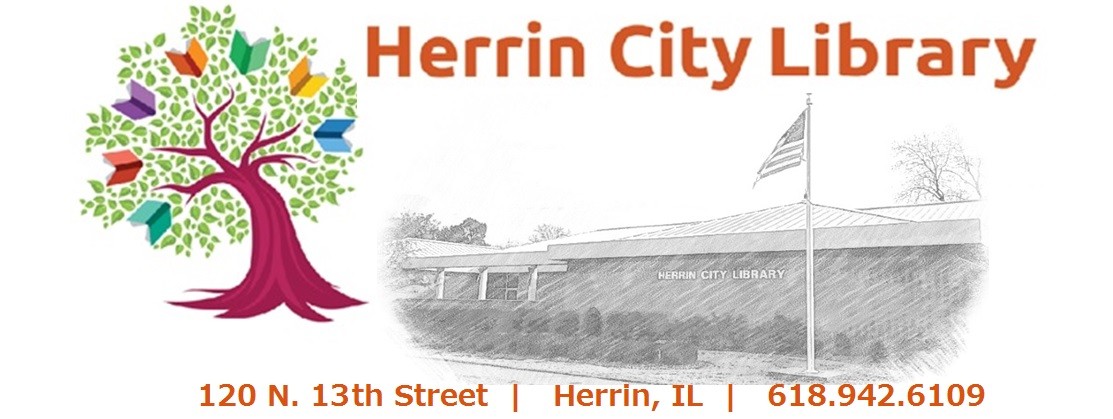A Student’s Guide to the Library:
To help you with your science fair project, librarians have selected library databases, websites, and books that help with researching and picking out projects.
Start with How to Write a Research Paper: Tips on how to broaden or narrow your topic, finding search terms and using Google Advanced Search.
Books:
Find a Book – Most books for scientific research will be found in the non-fiction sections of the Herrin City Library. There is one in the Children’s Area and one in the Adult Area. Non-Fiction books are organized by the Dewey Decimal System. Melvil Dewey, a librarian, invented this plan for grouping books by the kinds of information they contain. All the books dealing with the same subject, such as history or science, are put together in their own special section on the shelves.
Use the online catalog to find a book:
Online Herrin City Library Catalog (OPAC)
Web Sites:
- Kahn Academy: Science
Kahn Academy: Science is an in-depth and comprehensive resource of scientific disciplines for use by students in middle school through college. - Discovery Education – Science Fair Central
This website is developed by Discovery Education which specializes in digital resources to schools and homes with the goal of making educators more effective, increasing student achievement, and connecting classrooms and families to a world of learning. The pages about science fair projects do a great job of providing basic information, along with ideas, and describe the difference between Investigations and Inventions. - Science Buddies
This great site is put together by a non-profit organization. One aspect of the website that is especially helpful is the “Ask an Expert” link, which provides a personalized approach to “I Need help finding a Topic”. This site has tons of project ideas, and helpful hints at every step of the way. - Library of Congress – Science Tracer Bullets Online
This is a great website from The Library of Congress, which explains how to find supporting information for your science project. - Illinois Junior Academy of Science
Think you’ve done a great job, and your teacher does too? Perhaps you could compete at the Illinois Junior Academy of Science! Check out this website for all the additional information about their competition, in addition to links containing science project ideas. - Exploratorium Hands-On Activities: The Exploratorium is a public learning laboratory exploring the world through science, art, and human perception. Our mission is to create inquiry-based experiences that transform learning worldwide.
- CAR & VEHICLE SCIENCE EXPERIMENTS: Cars are great subjects for science experiments because they are built to move. Cars need fuel to power their engines.
The Scientific Method:
The scientific method is the process all scientists use to investigate science questions. It involves identifying a problem, learning what is already known about that problem, thinking of a solution or answer (called a hypothesis), doing an experiment to test your hypothesis, and reaching a conclusion based on what you learned.
So before you even begin your project, it is important that you understand the scientific method. Using it to do your project takes some thought, but that’s what science is all about!
FactMonster: Science Fair Projects
http://www.factmonster.com/cig/science-fair-projects/
understanding-using-scientific-method.html
Find out about the scientific method, where it came from, and why you need to use it!
Science Buddies: Introduction to the Scientific Method
http://www.sciencebuddies.org/science-fair-projects/project_scientific_method.shtml
See the steps of the scientific method and how they might work in your project.
Virtual Science Fairs:
Canada-Wide Virtual Science Fair
